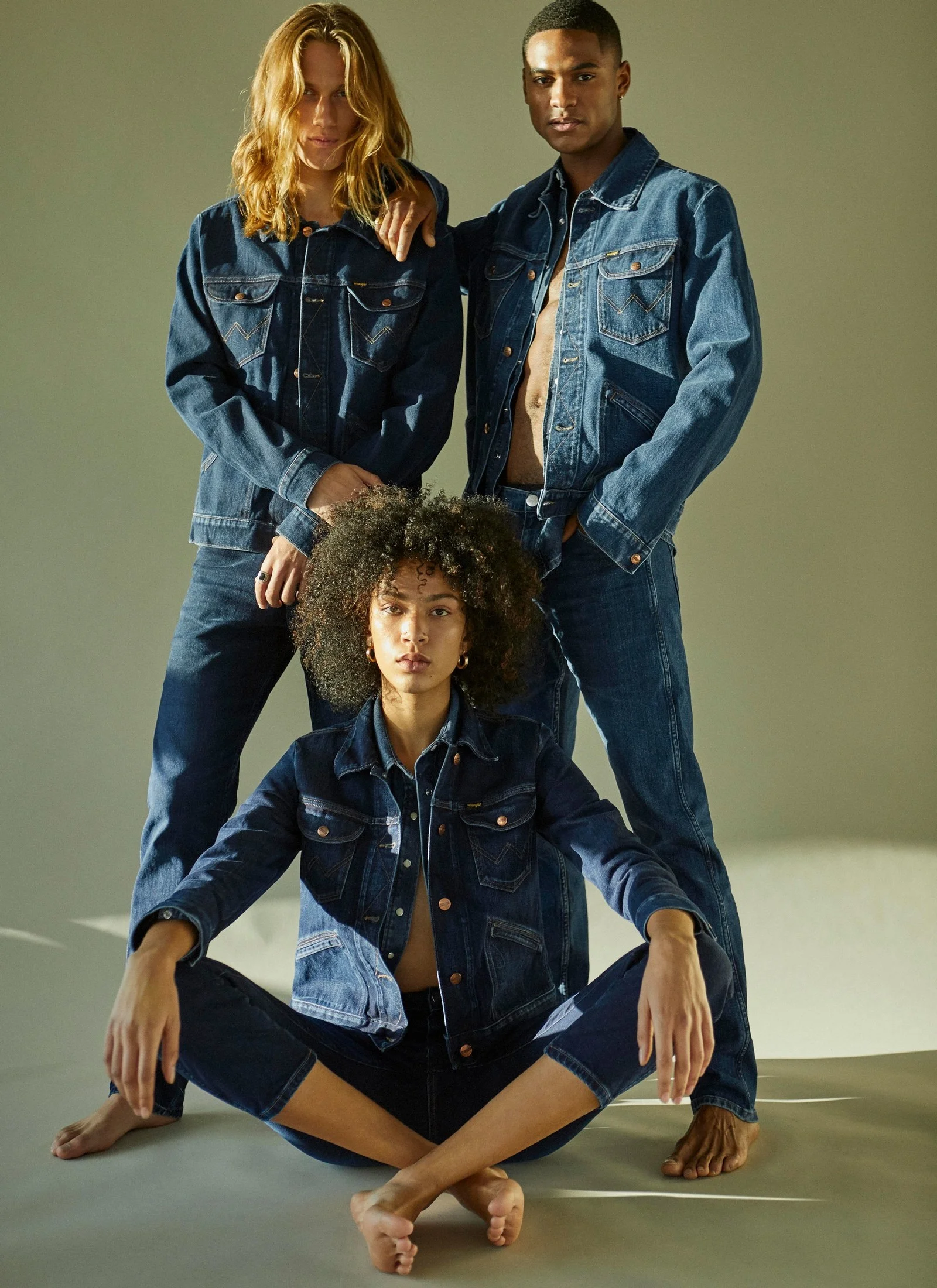Trump Revokes National Ocean Policy As Britain Launches Audit Of Fast Fashion Impact Environment
Donald Trump cares little about the environment, and that was never more clear than when issued an executive order Tuesday revoking the 2010 National Ocean Policy of the Trump administration. Economic development is Trump's top priority, and if he puts the entire global ecosystem in peril, he could care less. That includes local quality of life as well. His mentality is drill baby drill. As for massive guts of plastic floating in the oceans and killing our fish, basta! Trump insists that it is RIGHT to pollute, to desecrate, to kill the earth in the name of consumption and economic development.
The Obama administration’s goal was to guide a more coordinated, sustainable management of the oceans and coasts in collaboration with states and tribes. Republican opponents call such a plan the liberal bureaucracy in action. On Tuesday, conservation groups voiced strong opposition to Trump’s action, which, among other things, ensures “federal regulations and management decisions do not prevent productive and sustainable use of ocean, coastal, and Great Lakes waters,” according to the executive order.
The difference between Trump's attitude on consumption and sustainability could not contrast more with Britain's. While Trump practically demands that we pour more chemicals and plastic into the ocean, Britain's House of Commons has launched an environmental audit to assess the impact of fast fashion in the UK.










